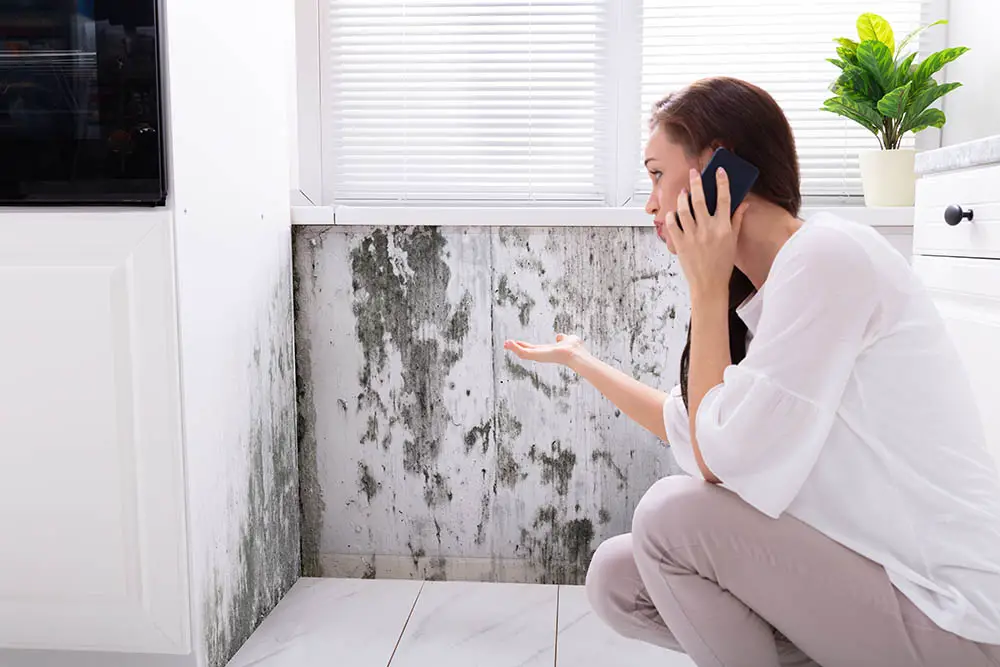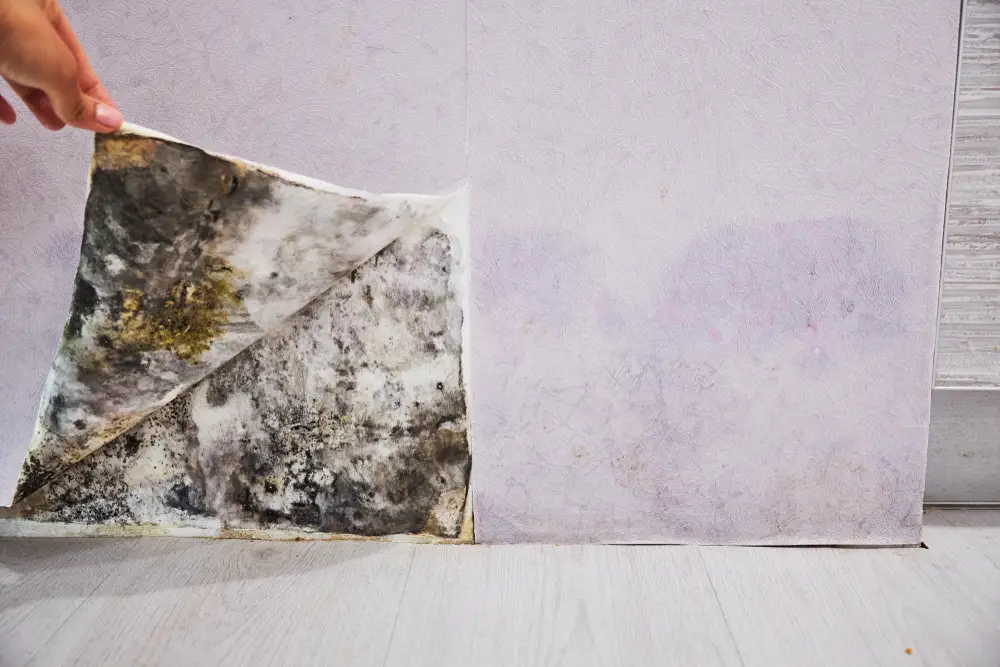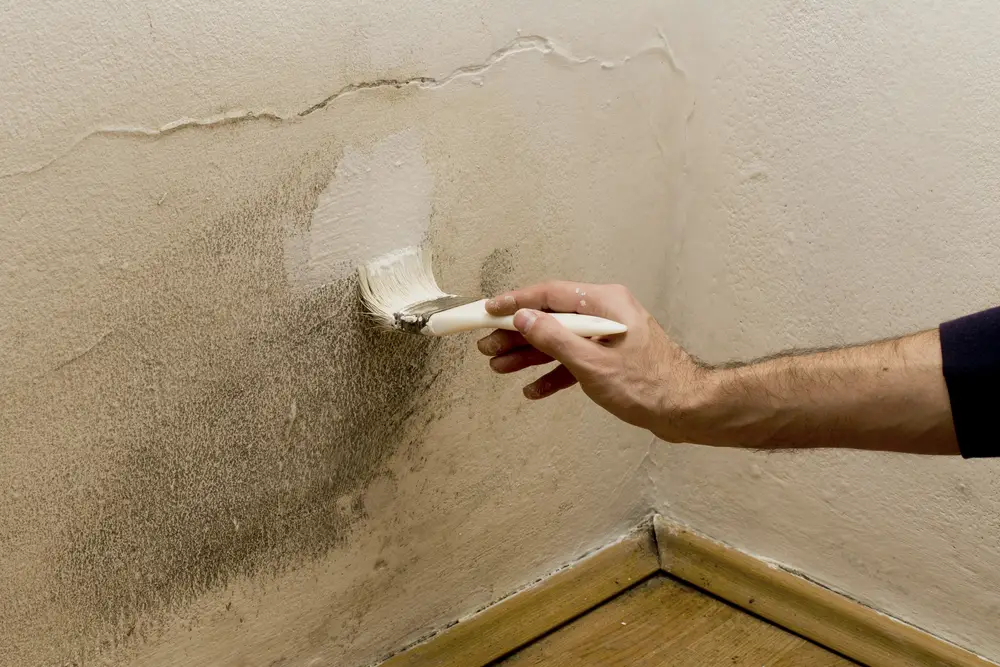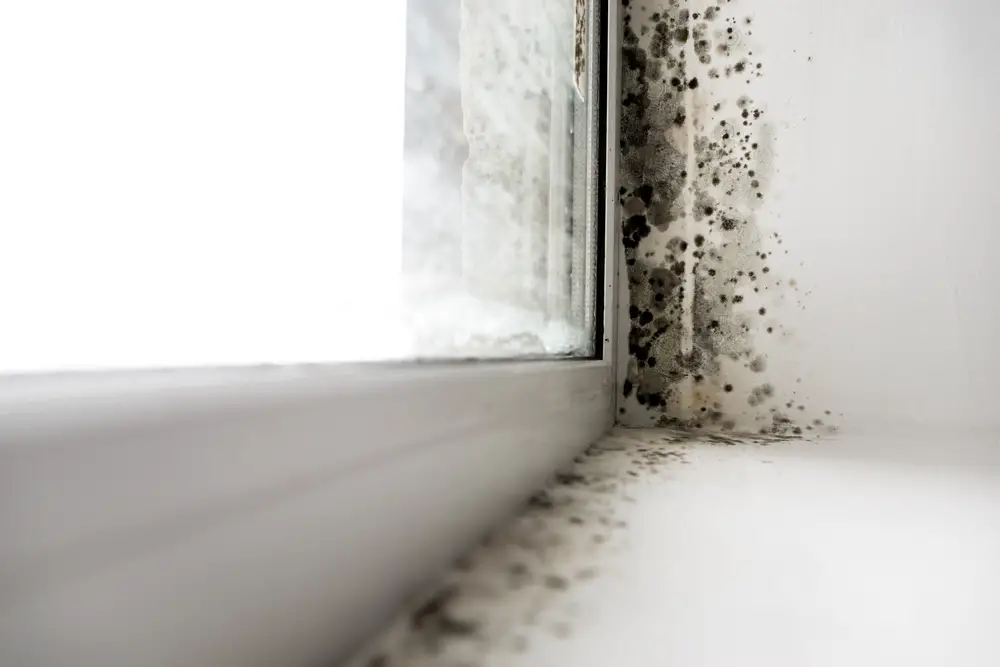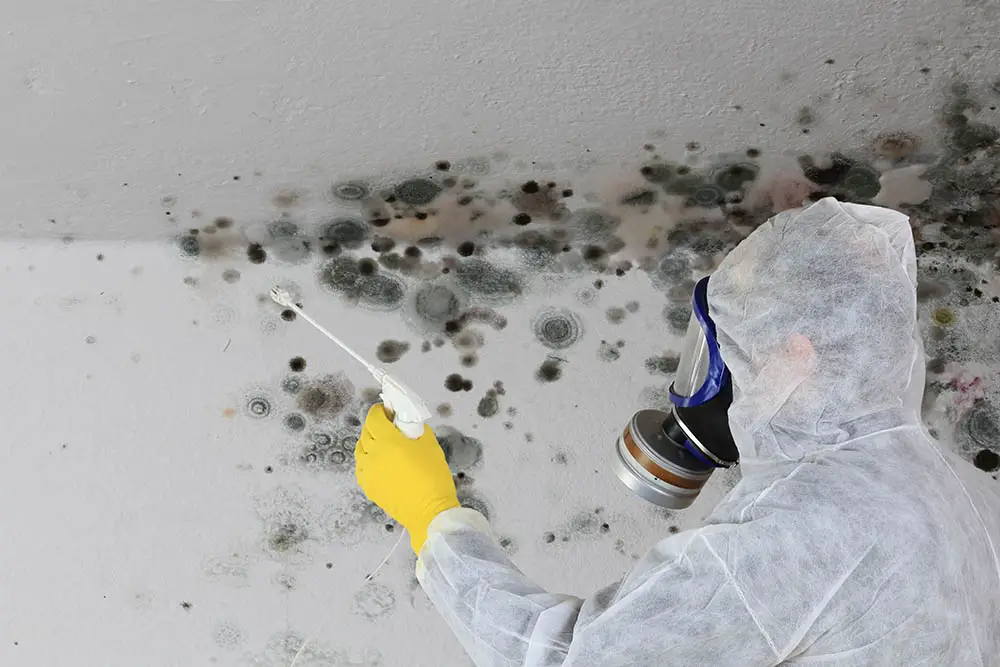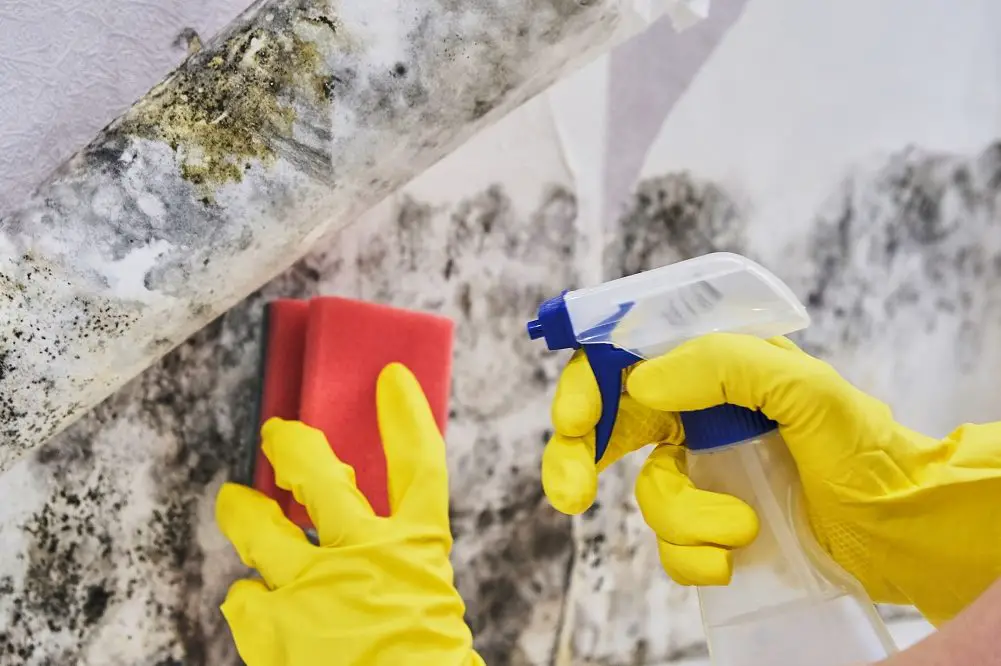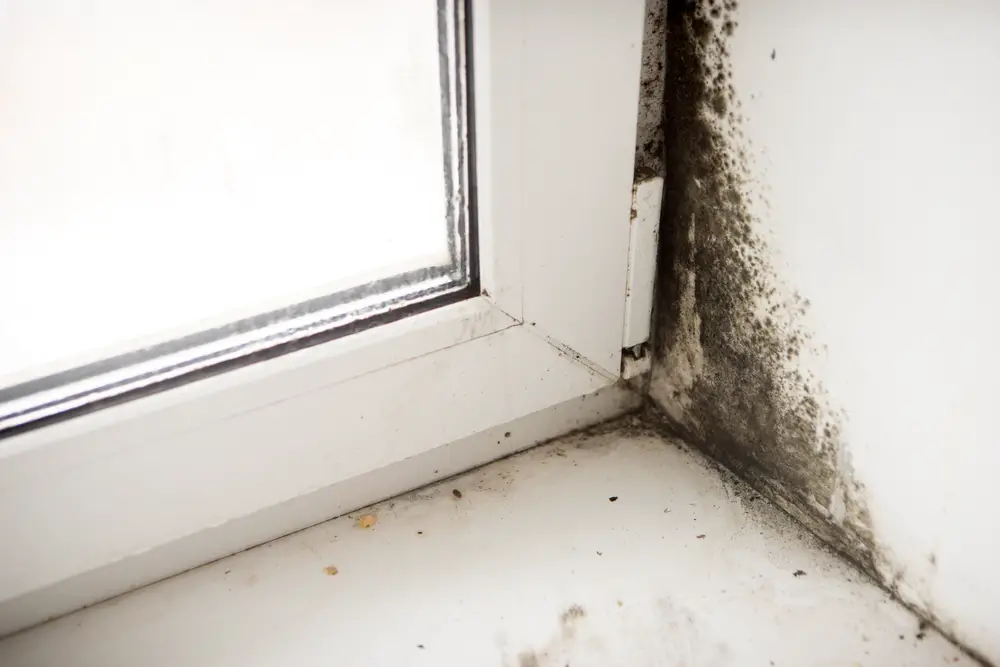Mold can have a significant impact on your life, both emotionally and physically. It is important to be aware of the potential health risks associated with mold and to take steps to mitigate them. Mold can cause a variety of health problems, including respiratory issues, allergies, and asthma. Mold spores can become airborne and travel through the air, leading to the inhalation of mold spores. This can cause a variety of symptoms, such as coughing, sneezing, runny nose, and watery eyes. Additionally, people who are already suffering from asthma or allergies may experience an exacerbation of their symptoms when exposed to mold.
Mold can also cause physical damage to the home. It can grow on walls, floors, and other surfaces, leading to discoloration, rotting, and other damage. Additionally, mold can cause issues with the structural integrity of the home, leading to costly repairs. In addition to the physical risks associated with mold, there can be emotional and psychological impacts as well. Living with mold in the home can lead to an increased feeling of stress and anxiety due to the potential health risks. Additionally, the physical damage caused by mold can lead to a feeling of helplessness and frustration.
It is important to take steps to protect yourself from the potential risks associated with mold. Proper ventilation, ventilation fans, and regular cleaning can help to reduce the risk of mold growth. Additionally, if you suspect that there is mold in your home, it is important to act quickly to mitigate it. Professional mold remediation services can help to remove existing mold and prevent further growth.
10 Things Mold Can Do to your life
1. Cause Allergic Reactions: Mold can release particles that can trigger an allergic reaction in some people, such as sneezing, coughing, or red, itchy eyes.
2. Irritate the Respiratory System: Prolonged exposure to mold spores can irritate the respiratory system, leading to wheezing and difficulty breathing.
3. Trigger Asthma Attacks: Mold can trigger asthma attacks in those with asthma.
4. Cause Skin Irritation: Some people may develop a rash or other skin irritation from contact with mold.
5. Impact Mental Health: Prolonged exposure to mold can lead to depression, anxiety, and cognitive issues.
6. Contaminate Food: Mold growing on food can cause food poisoning and other health problems.
7. Spread Illness: Mold can spread illnesses, such as colds and flu, as well as more serious illnesses, such as Legionnaires’ disease.
8. Damage Structures: Mold can damage buildings, furniture, and other materials.
9. Increase the Risk of Infection: Mold can increase the risk of infection in those with weakened immune systems.
10. Produce Toxins: Some molds produce toxins, known as mycotoxins, which can cause a variety of health problems.
How to Prevent Mold in Your Home
Mold can cause health issues and damage to your home, so it is important to take steps to prevent it from occurring.
1. Control moisture: In order to prevent mold from growing, it is important to keep the humidity in your home under control. Use a dehumidifier in areas of your home that tend to be more damp, such as the basement or bathroom, and keep windows and doors closed during humid weather.
2. Clean regularly: Mold thrives in damp, dark places, so it is important to keep your home clean and dry. Vacuum and mop floors regularly, and clean bathrooms and kitchens regularly. Wipe down surfaces such as countertops and walls with an anti-mold cleaner.
3. Check for leaks: Make sure to check your home for any water leaks, as these can lead to mold growth. Check pipes, sinks, and toilets for any signs of leaks. If you find any, have them repaired as soon as possible.
4. Ventilate: Make sure to open windows and doors when you can to provide adequate ventilation. This will allow fresh air to circulate in your home and help keep mold from growing.
5. Inspect regularly: Inspect your home regularly for any signs of mold, such as a musty smell or discolored patches. If you do find any, clean it up immediately and repair any water damage that might have caused it.
By taking these steps, you can help prevent mold from growing in your home.

